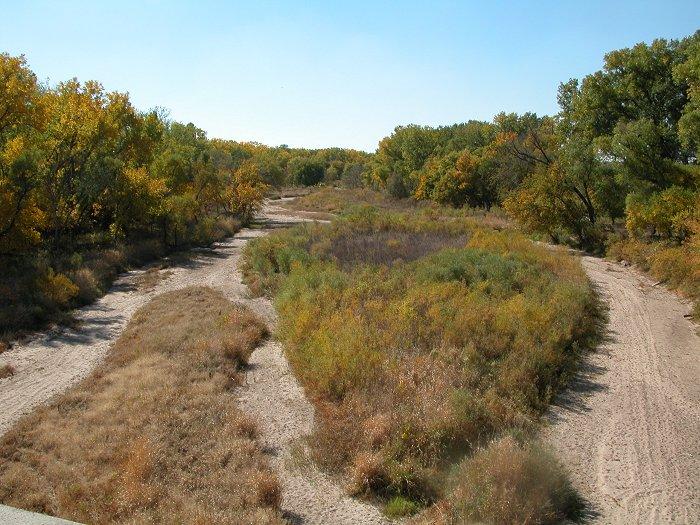On June 22, Governor Jared Polis requested activation of Colorado’s Drought Task Force and Phase 2 of the State Drought Mitigation and Response Plan as drought conditions deepen, reaching more than 81% of the state, with severe and extreme drought conditions in 33% of the state (40 counties).
Colorado’s Drought Task Force - which includes leadership from the Departments of Agriculture, Natural Resources, Local Affairs, Public Safety, and the Colorado Water Conservation Board - determined the need to activate Phase 2 of the Drought Plan on June 18 after a third of the state reached extreme drought conditions. “Phase 2” indicates officially directing the Drought Task Force to assess initial damages and impacts of drought in areas experiencing severe or extreme drought and to recommend mitigation measures. This Phase also activates the Agricultural Impact Task Force, which will conduct an initial assessment on physical and economic impacts and recommend opportunities for incident mitigation.
Counties impacted by abnormally dry (D0) and moderate (D1) drought will continue to be closely monitored. The 40 counties currently experiencing severe (D2) and extreme (D3) drought include: Alamosa, Archuleta, Baca, Bent, Chaffee, Cheyenne, Conejos, Costilla, Crowley, Custer, Delta, Dolores, Eagle, El Paso, Elbert, Fremont, Garfield, Gunnison, Hinsdale, Huerfano, Kiowa, Kit Carson, La Plata, Las Animas, Lincoln, Mesa, Mineral, Montezuma, Montrose, Otero, Ouray, Pitkin, Prowers, Pueblo, Rio Grande, Saguache, San Miguel, San Juan, Washington, and Yuma.
To stay informed on Colorado drought issues, sign up for the State’s Drought Updates or visit the Colorado Water Conservation Board Drought webpage.
